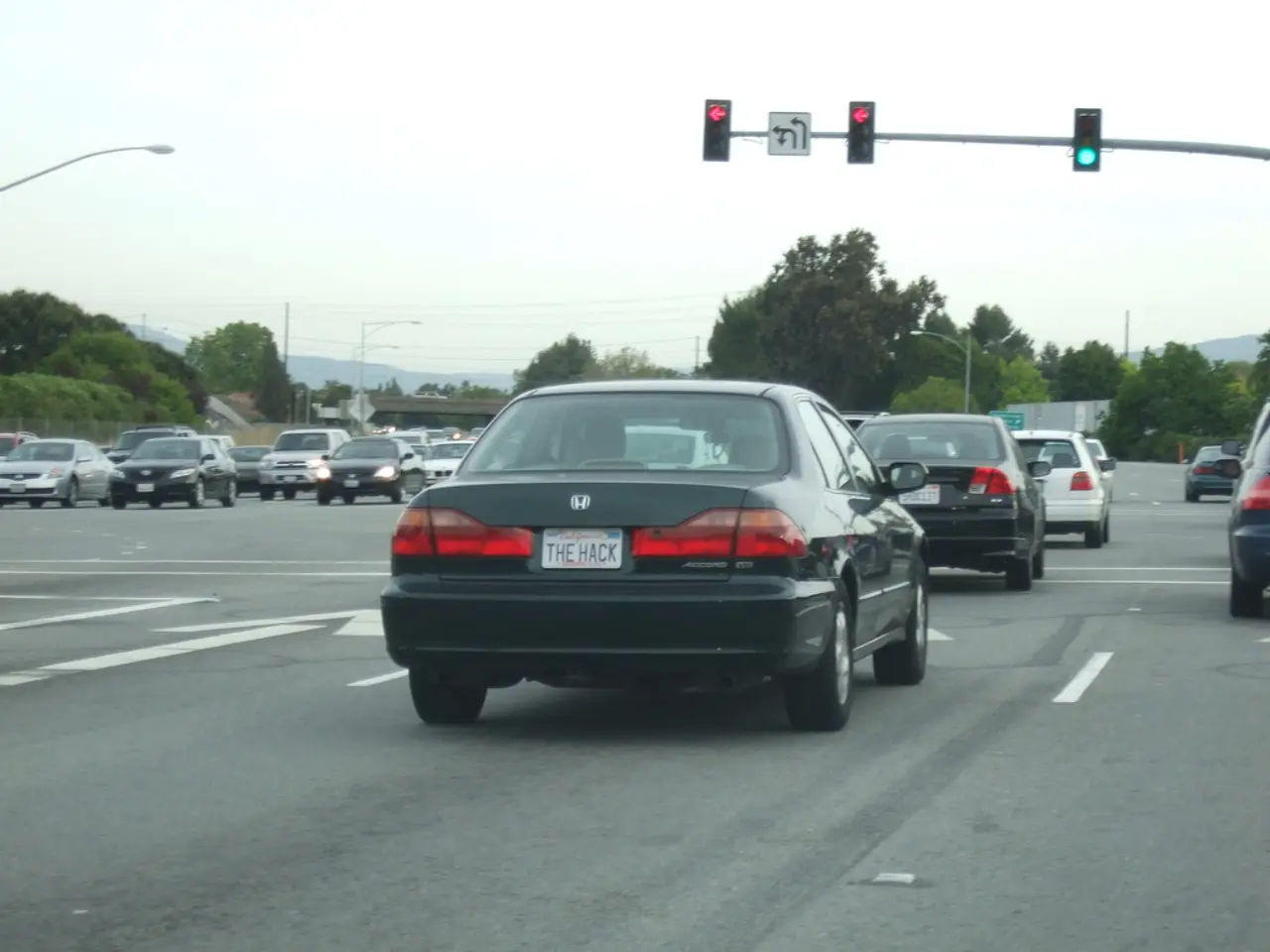Extensive Traffic Congestion: ADAC Reports 203.830 Kilometers of Delays During Summer Vacations
German Motorways Face Record Traffic Jams During Summer Holidays
German motorways saw a significant increase in traffic jams during the 12 weeks of summer holidays in 2024, with a total of 116,020 traffic jams recorded. The most unfavorable travel weekend was August 1-3, which saw a total of 4,201 traffic jams and a length of 9,498 kilometers, marking the highest figures in recent holidays.
Fridays were usually the most congested day within weekends in 2024, with almost twice as many traffic jams compared to Saturdays and Sundays. Saturdays, on average, were the most traffic-prone day of the weekends.
The A24 Schwerin - Berliner Ring witnessed the worst individual traffic jam on June 29, lasting around ten hours and reaching a maximum length of 35 kilometers. The A99 bypass around Munich had the highest adjusted congestion rate, with 3,024 traffic jams per 100 kilometers. The A8 and A3 also had high congestion rates, with 1,473 and 1,245 traffic jams per 100 kilometers respectively.
The total duration of traffic jams on August 1-3 was 4,721 hours, a significant increase compared to the previous year. However, the total length of traffic jams during the 12 weeks of summer holidays decreased by around 1,500 kilometers compared to the previous year. Despite the decrease in length, the total time lost due to traffic jams this year is 119,233 hours, which is 7.6 percent more than the previous year.
The high traffic jam figures can be attributed to the influx of vacationers starting their holidays and another wave of travelers from North Rhine-Westphalia during the weekend of July 25-27. This weekend also had high traffic jam figures, with 3,946 traffic jams and 8,767 kilometers.
Looking ahead, advancements and legal authorization in autonomous driving technologies are expected to significantly reduce traffic jams on German highways. The introduction of Level 3 and Level 4 automation systems by major German manufacturers like Mercedes-Benz and BMW, supported by regulatory frameworks allowing autopilot functionality at higher speeds, is expected to improve traffic flow and safety, leading to a reduction in traffic jams.





